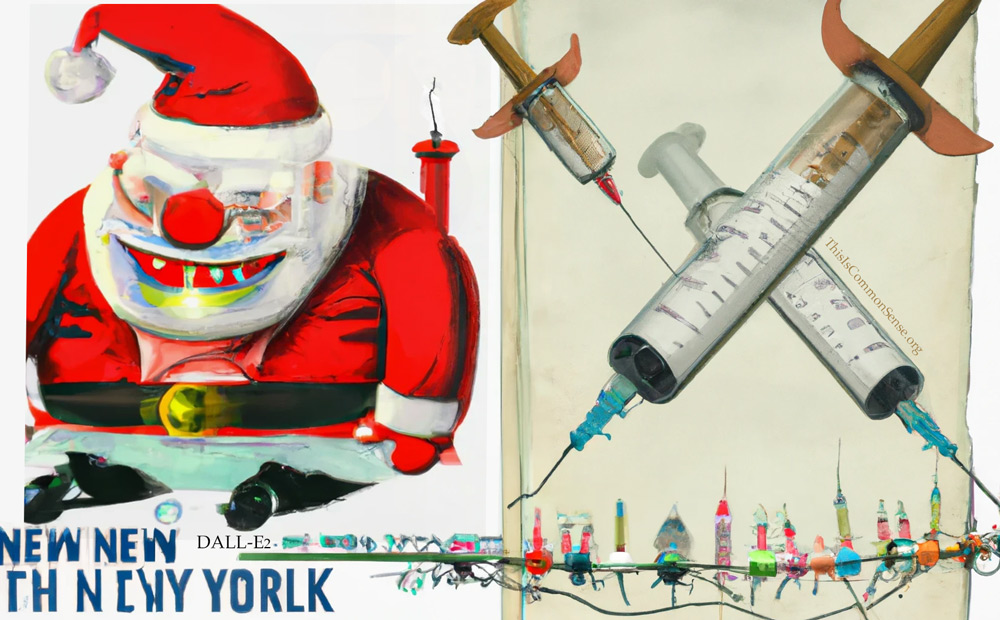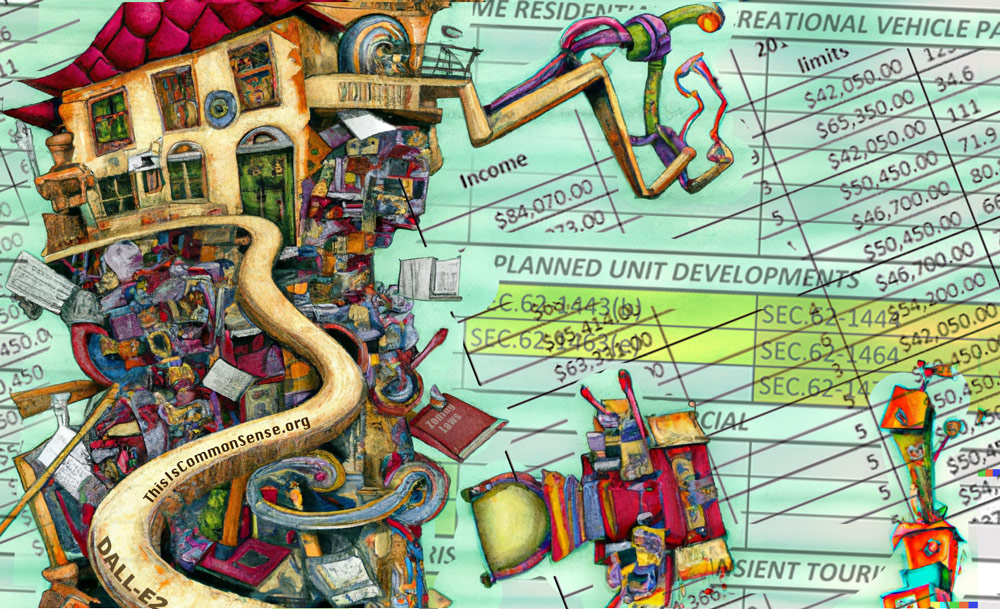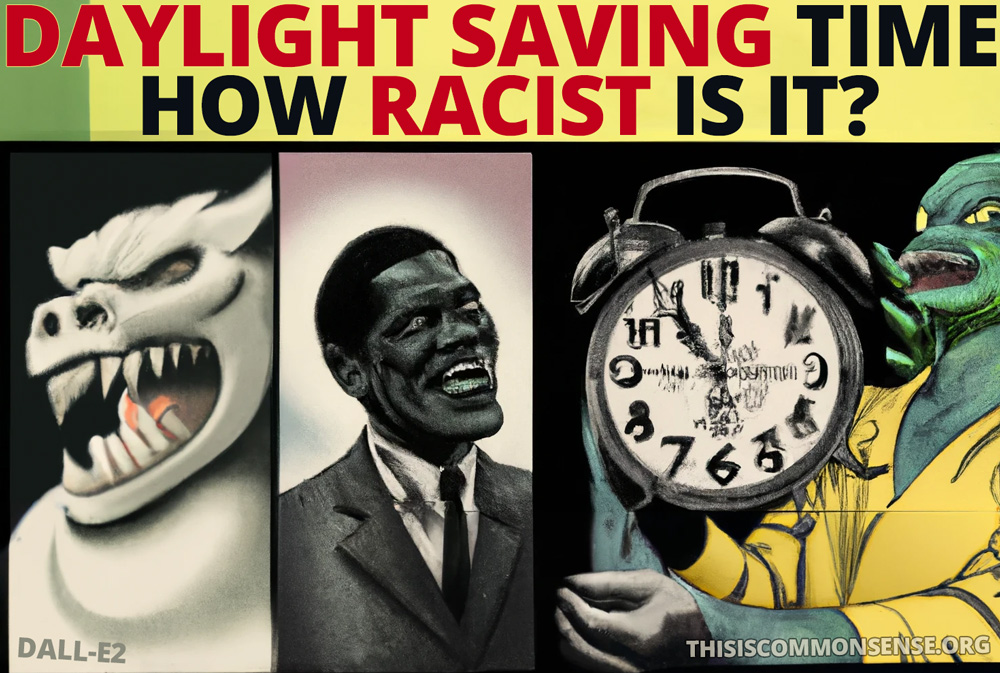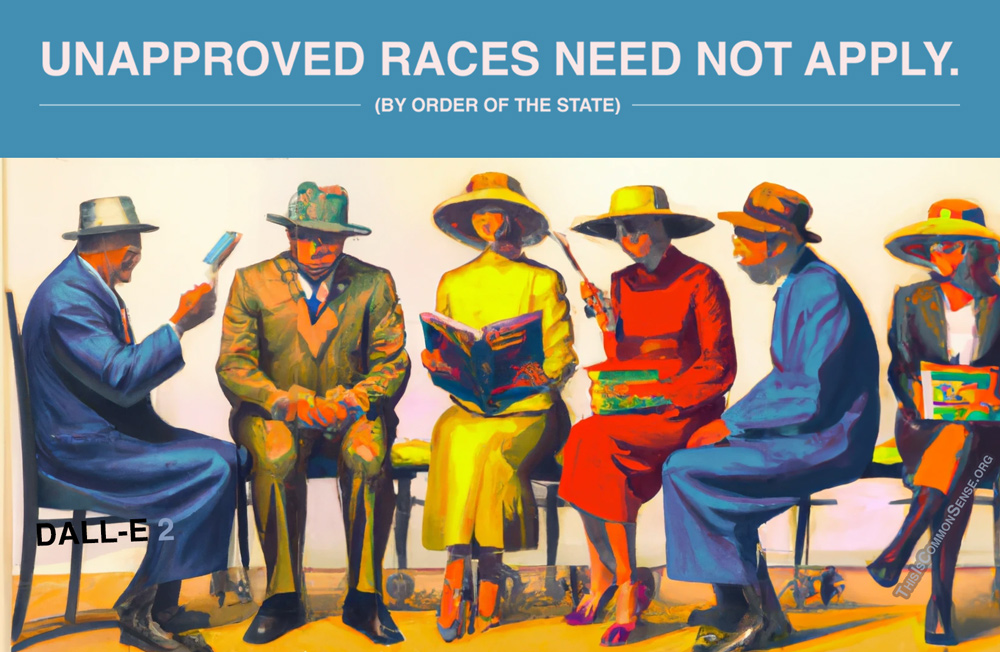Ho ho ho! Merry Christmas, denizens of the Sort-of-Great State of New York!
It is certainly a time to be jolly. For some time now, Santa and his legislative elves have been striving to give you and yours an ever more overbearing medical regime.
Take a gander at some of the goodies that have been proposed in the Empire State’s Legislative Workshop:
- A416 would let governors or health officials detain persons “afflicted with a communicable disease” as long as a state of health emergency has been declared.
- A279 would institute a statewide vaccine database. If you’re vaccinated, you’ll be in the database unless you make a point of requesting otherwise (who knows, maybe even then).
- A8398 would eliminate many religious exemptions from compulsory vaccination and limit the ability of local governments and private organizations to issue medical exemptions.
- A02240 would mandate flu vaccines for children in daycare.
Santa sure has been working overtime the last couple of years.
Will such bills, lapsed at the moment, soon see the light of day? Let’s hope! You people of the State of New York really need this kind of bounty. Especially if you’ve been suffering any delusions about the propriety of independent judgement and personal discretion in such matters.
Did I say Santa? Maybe I meant the Grinch. Or Krampus. The real Santa would be putting moving-expense vouchers in everyone’s stockings to help them get the heck out of this beleaguered state.
This is Common Sense. I’m Paul Jacob.
Illustration created with DALL‑E2, John Tenniel, JG
—
See all recent commentary
(simplified and organized)





